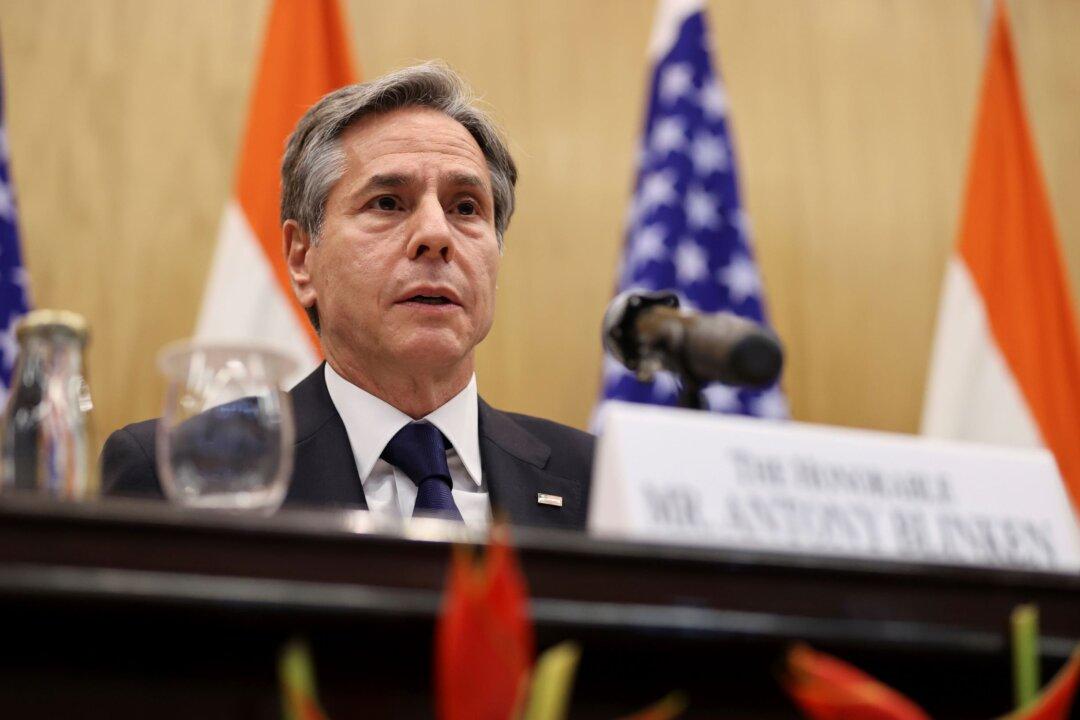NEW DELHI—U.S. Secretary of State Antony Blinken met a representative of the Dalai Lama in New Delhi on Wednesday, drawing an angry response from Beijing.
Blinken met briefly with Ngodup Dongchung, who presented him with a scarf from the Dalai Lama, a senior State Department official said. Dongchung serves as a representative of the Central Tibetan Administration (CTA), also known as the Tibetan government in exile.





